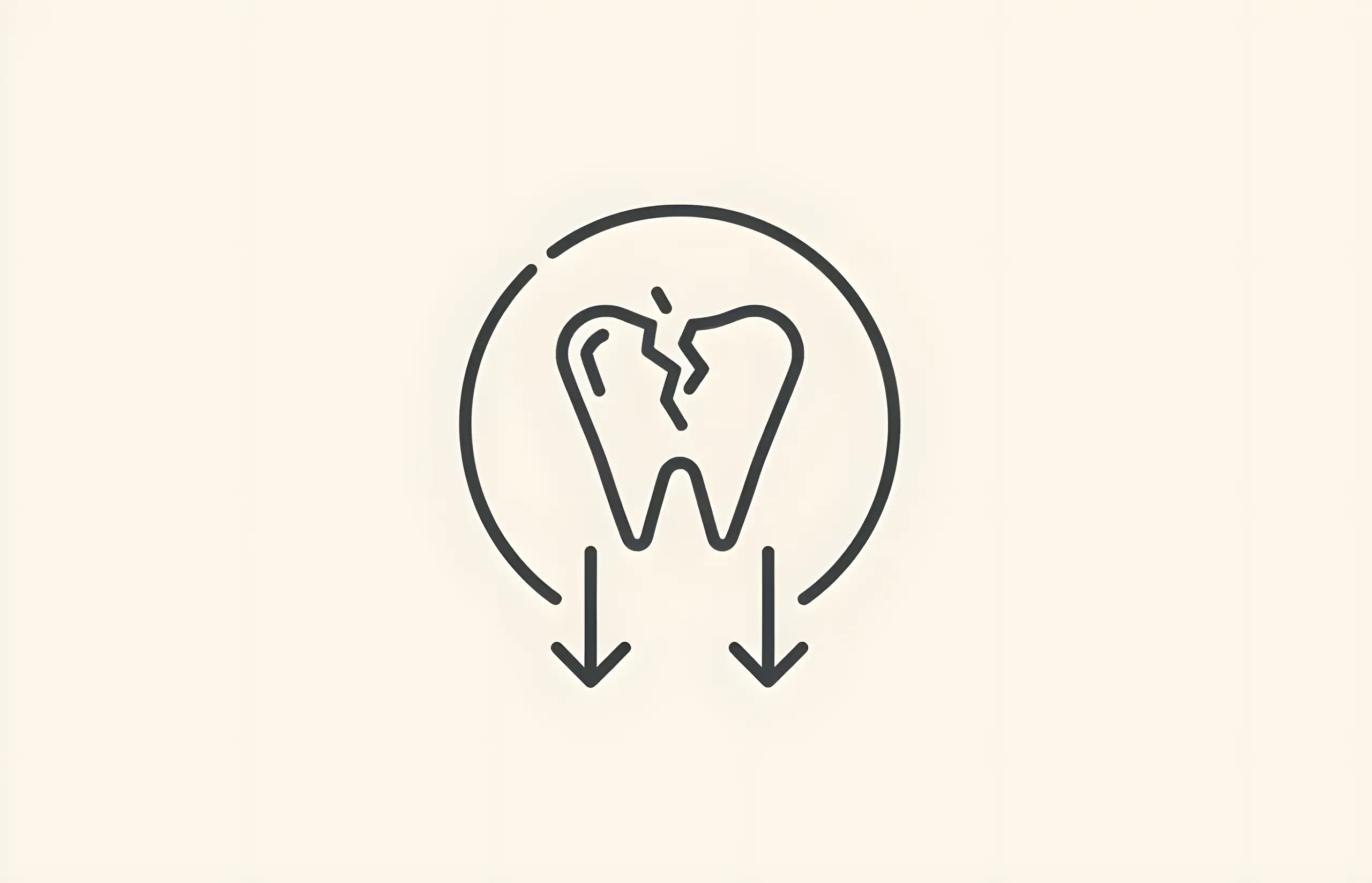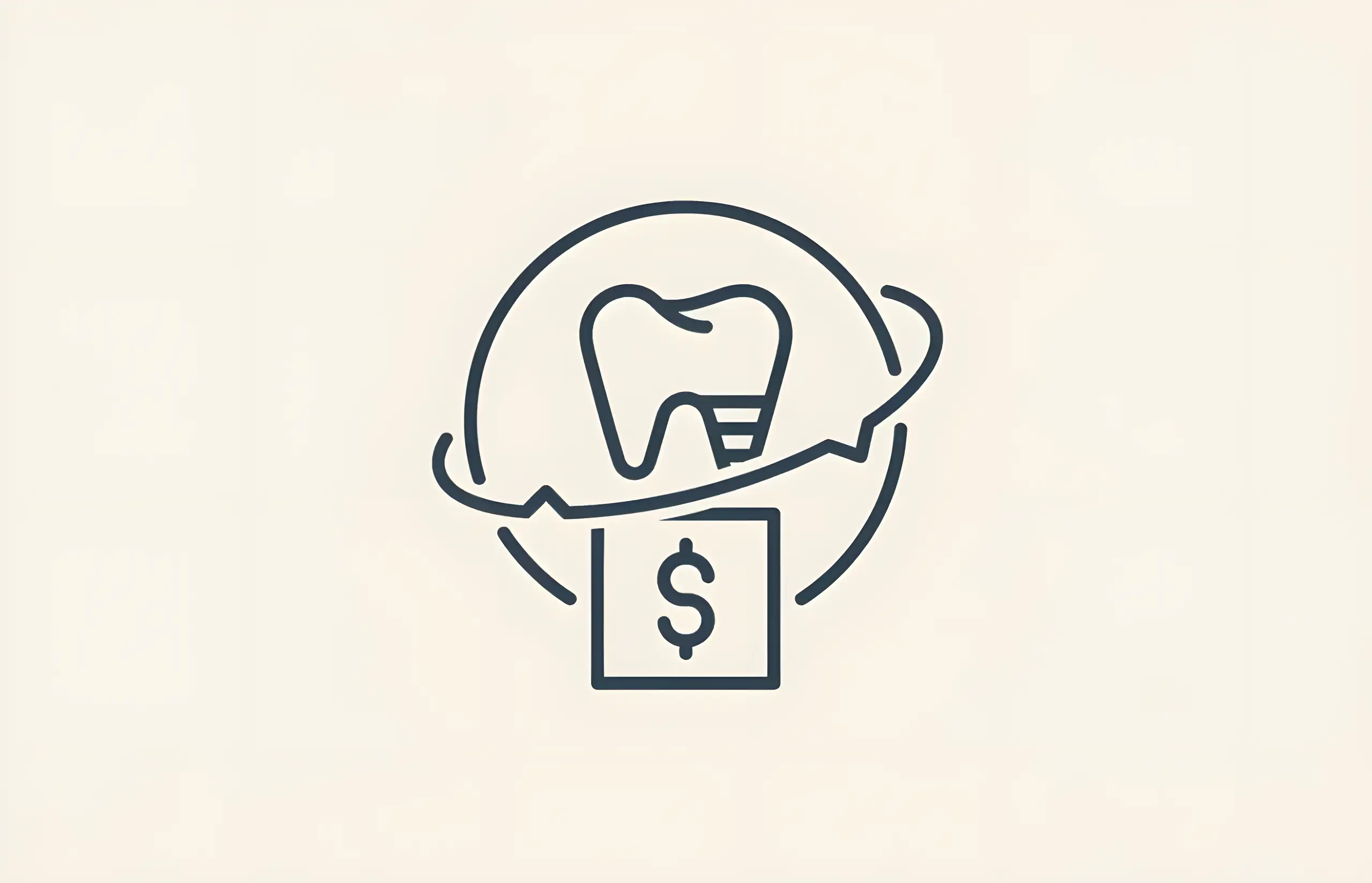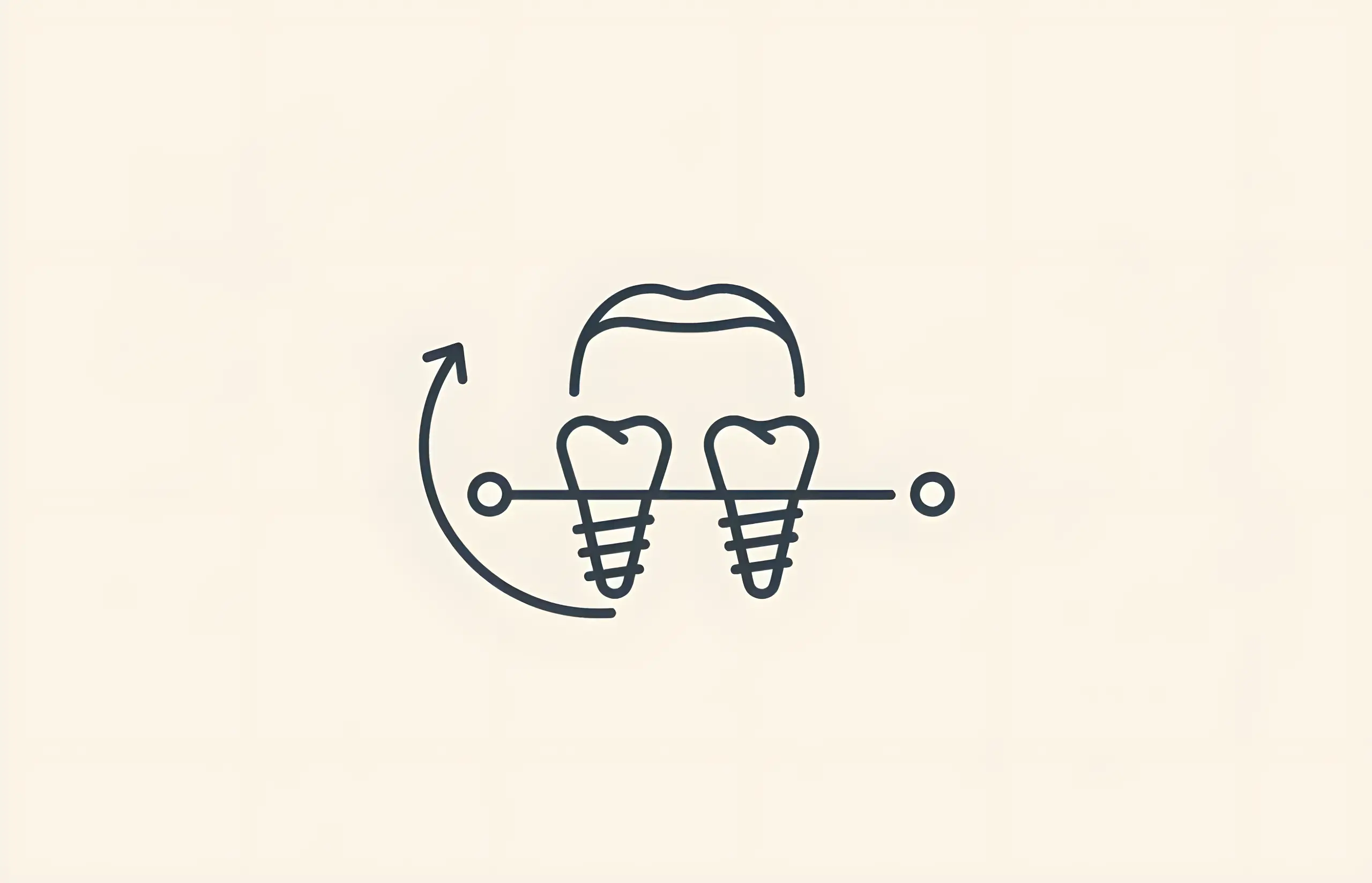When patients break teeth, lost teeth, or find themselves needing teeth replaced, they frequently head to the dentist's office with the expectation of needing a long-term solution. When they arrive for their appointment, the dentist will likely recommend dental implants. Dental implants give patients the ability to replace or restore teeth in their mouths.
As dentistry has evolved and become more innovative throughout history, more than one type of implant option is now available for consideration. One of these options is mini dental implants. Still relatively new to the dental scene, mini dental implants are increasing in popularity because of their benefits and simplicity.
However, when considering the decision between mini implants and traditional dental implants, it is essential to do some research and look into all areas of each option before making a decision.
Mini Dental Implants vs. Traditional Implants
Many differences exist between mini dental implants and traditional dental implants in terms of size, shape, patient candidacy, placement, and recovery. These differences will vary based on many lifestyle and biological factors produced by the patient and can affect the process in many different ways. In order to determine the best course of action, the dentist will consider all of these differences in great length before making a decision.
Size
Mini implants are much smaller than traditional posts. A traditional post will range from 3.5mm to 6mm in diameter, while mini implants tend to be between 2mm and 3.5mm wide. Because of their size, mini implants require less bone for support and less impact on the jawbone. These smaller posts may not be as stable as larger posts, though, so mini-implants can pose a higher risk of failure.
Shape
In a traditional implant, there are two pieces: a post and an abutment. Mini implants, however, have a one-piece screw, which consists of a post and a ball-shaped end. Mini implants are often created with a rubber O-ring, which is fitted around the ball.
Eligibility
In order to receive traditional implants, the patient must have a strong jawbone, and it must also be sturdy with space for the implants. If a patient has a weak or receding jawbone, they may be forced to opt for the mini implant instead. Mini implants, in comparison to traditional implants, do not require nearly as much tissue from the jawbone to provide support, making the option more viable for them.
Mini implants, however, are not as strong as the more substantial posts that are provided by traditional implants. This could make them less appropriate or desirable for patients who tend to struggle with grinding their teeth or tooth clenching as the pressure on the teeth can weaken the implants.
Placement
Mini implants can be inserted in one visit most of the time and do not require stitches. Traditional implants generally require more than one procedure in order to promote healing and a good finished product.
Recovery
Traditional implants can sometimes require patients to undergo a preliminary procedure to create a bone graft. This procedure will force the patient to wait six to nine months in order to give the jaw a chance to heal. Then, there may be another three to six-month wait after the traditional implants are placed to give the tissue a chance to heal as well.
Mini implants do not usually require more than one procedure, making the recovery time quicker and easier on the patient. Patients can usually leave the office on the same day that they are placed.
How Long Do Mini Dental Implants Last?
The answer to this question varies greatly on the patient receiving the implants. However, there are a few things that can contribute to how long a mini implant will last. These factors include maintaining good oral hygiene and habits of the patient.
If the patient does not practice good oral hygiene and visits the dentist for regular cleanings, their implants will not last as long as traditional implants do. It is also common for those who use their teeth for things other than eating (nail-biting) to wear the implants down faster, so being gentle with the implants is very important.
Sources and References
-
[1]
Survival of Mini Dental Implants Used to Retain Mandibular Complete Overdentures: Systematic ReviewInternational Journal of Oral and Maxillofacial Implantshttps://pubmed.ncbi.nlm.nih.gov/30883617/
-
[2]
Mini implants for definitive prosthodontic treatment: a systematic reviewJournal of Prosthetic Dentistryhttps://pubmed.ncbi.nlm.nih.gov/23522364/
-
[3]
Comparative Clinical Study of Conventional Dental Implants and Mini Dental Implants for Mandibular Overdentures: A Randomized Clinical TrialClinical Implant Dentistry and Related Researchhttps://pubmed.ncbi.nlm.nih.gov/27804205/
-
[4]
Factors Affecting the Survival Rate of Dental Implants: A Retrospective StudyJournal of International Society of Preventive & Community Dentistryhttps://pmc.ncbi.nlm.nih.gov/articles/PMC5774056/
All sources accessed and verified on . Medical information reviewed for accuracy and compliance with current guidelines.
Related Articles

Dental Implant Costs In The UK – Single Tooth and Full Mouth
Complete guide to dental implant costs, financing options, success rates, and what to expect from single tooth to full mouth implant treatments in the UK

The Disadvantages Of Mini Dental Implants
Comprehensive guide comparing mini dental implants to traditional implants, including structural differences, longevity concerns, stress distribution issues, and clinical limitations for tooth replacement

A Guide to Mini Dental Implants
Comprehensive information about mini dental implants, including what they are, the installation process, success rates, costs, and how they compare to traditional implants

The Pros and Cons of Dental Implants
A balanced overview of the advantages and disadvantages of dental implants compared to other tooth replacement options

The Different Types of Dental Implants
Learn about the different types of dental implants including conventional implants, mini and micro implants, fixed bridges, over-dentures, temporary implants, and their costs

Why Are Dental Implants So Expensive?
Understanding the costs behind dental implant procedures, including the multi-step process, custom fabrication, advanced materials, and long-term value of this tooth replacement solution
About The Dental Guide
The Dental Guide is a trusted online resource providing evidence-based information about dental health, treatments, and procedures. Our content is created and reviewed by qualified dental professionals to help you make informed decisions about your oral health.
Our Mission
- Evidence-based dental information
- Expert-reviewed content
- Clear, accessible explanations
- Latest treatment options
- Patient-focused guidance
Editorial Standards
- GDC-registered dental professionals
- Peer-reviewed sources
- Regular content updates
- Medical accuracy verification
- Transparent authorship
Important Notice
The information on The Dental Guide is for educational purposes only and should not replace professional dental advice. Always consult with a qualified dentist for diagnosis and treatment recommendations tailored to your individual needs and circumstances.
Medically Reviewed
Reviewed by Dr. Nasim Mechoui , BDS (Bristol)
Share this article
Comments & Discussion
Have questions about dental implants? Share your thoughts or experiences.
